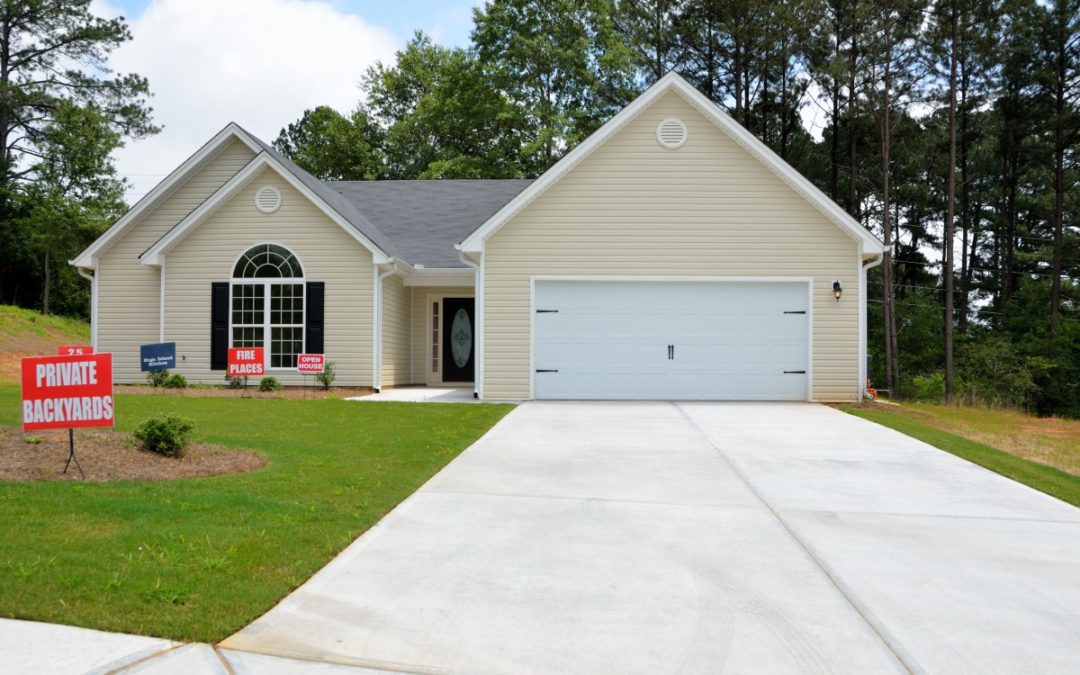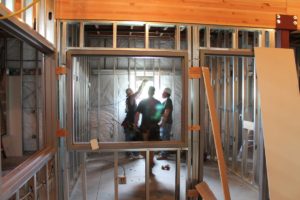The home inspection is one of the most important steps for buying or selling a rental property or a home, and it shouldn’t be rushed or overlooked.
For buyers, what you see isn’t exactly what you get. You’ll see pretty landscaping, freshly painted walls, granite countertops, beautiful hardwood floors, and other cosmetic touches. What you can’t see is the foundation cracks, outdated plumbing, dangerous wiring, broken appliances, or other defects that might be revealed when you hire a home inspector.
For sellers, understanding the home inspection process and preparing your home for the sale not only helps to ensure that the transaction goes through, but can often translate into getting a top-dollar selling price.
However, without the right information, mistakes are bound to happen. Examples of such mistakes include:
- Not prepping the home
Inspectors get annoyed when homeowners don’t prepare their houses for inspection.
- Not getting a presale inspection
Many sellers decide to leave the presale inspection to the buyers. That’s a mistake!
- Not reading the inspection report
Too many buyers and sellers just glance at the inspection report.
- Not attending the inspection
Being present for the inspection may not be mandatory, but it’s a smart idea.
- Forgetting to research the inspector
Not doing any research to whoever is recommended to them is the number one mistake many sellers and buyers make.
In this article, we share tried-and-tested home inspection tips for both buyers and sellers.
Home Inspection Tips for Buyers

Find the right inspector.
Licensing requirements for home inspectors vary from state to state. Your real estate agent will probably give you the names of several inspectors. You should also research inspectors on your own and solicit recommendations from your friends, family, colleagues, or future neighbors.
Ensure your roof is structurally sound.
When the roof is in great shape, the home is off to a good start. Thus, your checklist needs to include a visit to the rooftop. Ask your home inspector to check for signs of recent repairs or obvious damage.
Is the roof free of water stains? Are there missing shingles?
Have the home inspected even if it’s a new construction.
New construction home inspections may not seem necessary. After all, you are buying a new home. Think again! Newly constructed homes may also have their defects.
Some new constructions feature sustainable home designs that are new to the market. These are regularly being assessed for proper installation. As such, your inspector should ensure that the necessary regulations and codes are met.
Show up to the home inspection.
Want to ensure that the home inspection goes smoothly? Then, show up to the home inspection. This way, you’ll get first-hand info regarding possible problems with the structure of the home.
Test for mold.
Toxic mold is a serious issue. You don’t want to buy the home only to realize later that there are harmful pockets of mold hidden between the walls. As a family, your health and wellness while living in your new home must be a top priority.
Home Inspection Tips for Sellers
First impressions matter a lot. Thus, ensure the façade of your home looks great.
- Remove wood from contact with the house, in case of fires.
- Repair any broken brick, block, or roof shingles. This is one of the most visual aspects of the house, and where damage is easily noticed.
- Make sure all water that comes to the house, including from drains, pumps, and downspouts is diverted away from the house. The last thing your buyers will want is to step on mud.
- Clean out all gutters of dirt and debris. Also, make sure the roof is clean as well. Dirt on the roof can give an image of sloppiness.
The interior of your home is just as important as the exterior. Here are some things to do:
- Clean the entire house to the best of your ability.
- Test all smoke detectors to see if it works and, if it doesn’t, repair it.
- Make sure all doors and windows are in working condition. Make sure that it closes completely and smoothly, and that there are no cracked windows.
- Make that sure all plumbing appliances are in working condition and are clean. If there are any leaks, fix it prior to the arrival of the home inspector.
- Make sure crawl spaces are dry.
- Replace any burned out light bulbs.
- Make sure all utilities are turned on, even if the house is vacant.
- Clear space in your home that paves access to all nooks and crannies of your house, including garages, attics, crawl spaces, and more.
- Service your chimney and fireplace, and ensure that you keep all copies of receipts and records of your services and repairs.
- Repair leaky faucets, replace broken fixtures, replace broken screens and windowpanes, and tighten doorknobs. All these will substantially improve your home’s appearance.
- Replace all air cooling and heating filters, and clean all filters and vents in your house.
If you are a buyer or seller, following this checklist can ensure your home inspection is completed once, the first time, and without any hitches.



